Suicide
Darkness in a firefighters soul At first you don't notice, they are small shadows in your everyday routine. Day by day,...
Posted by URnotAlone.support on Friday, May 6, 2016
Suicide rates are on the increase among firefighters. In fact, the rates are beginning to catch up with the rates of law enforcement officers.

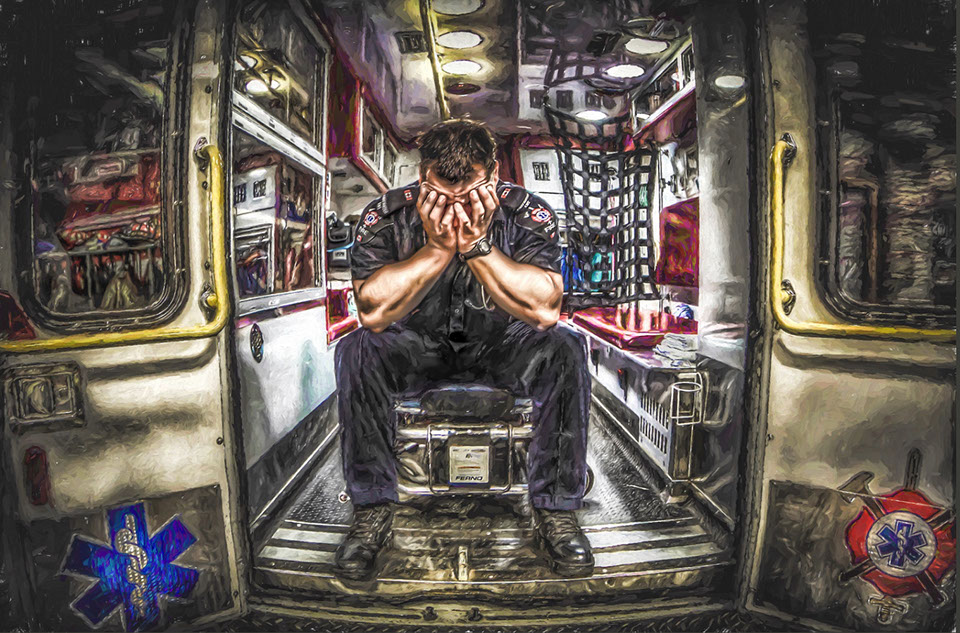
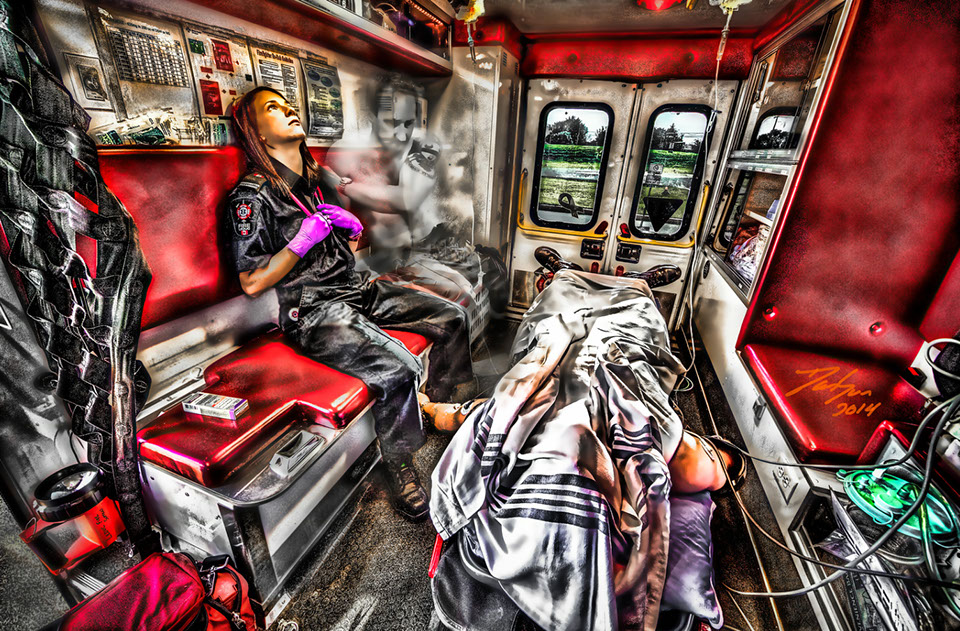


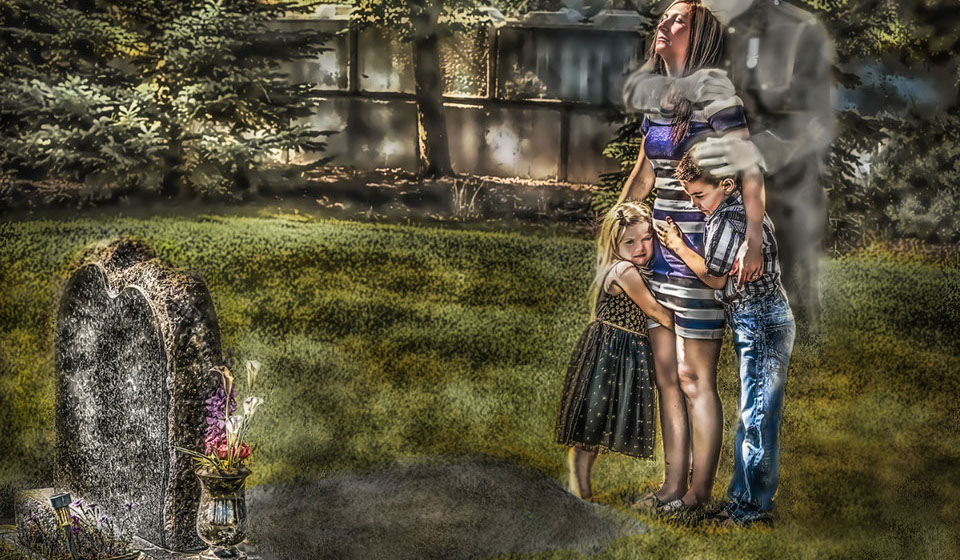
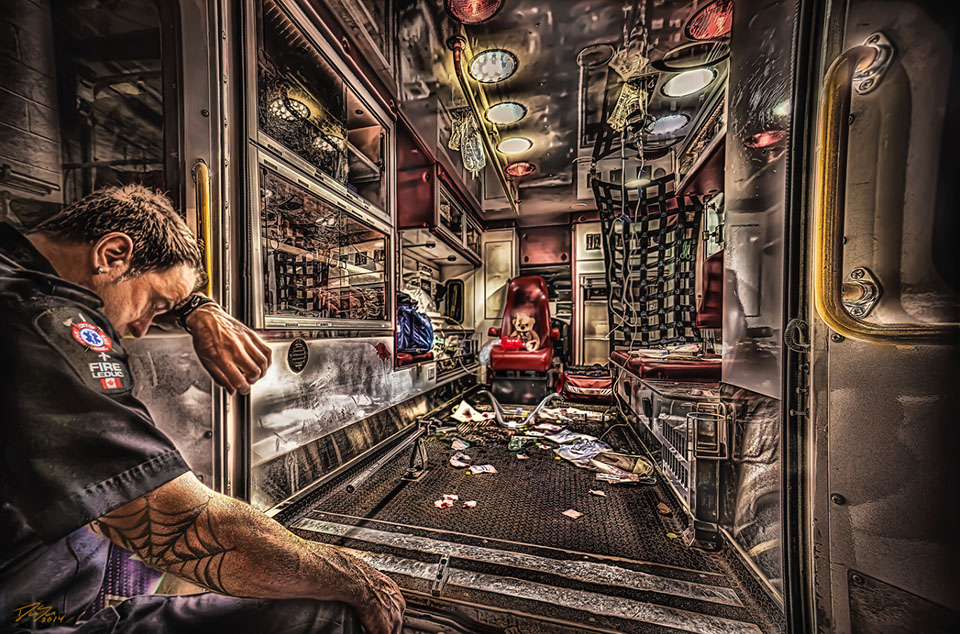
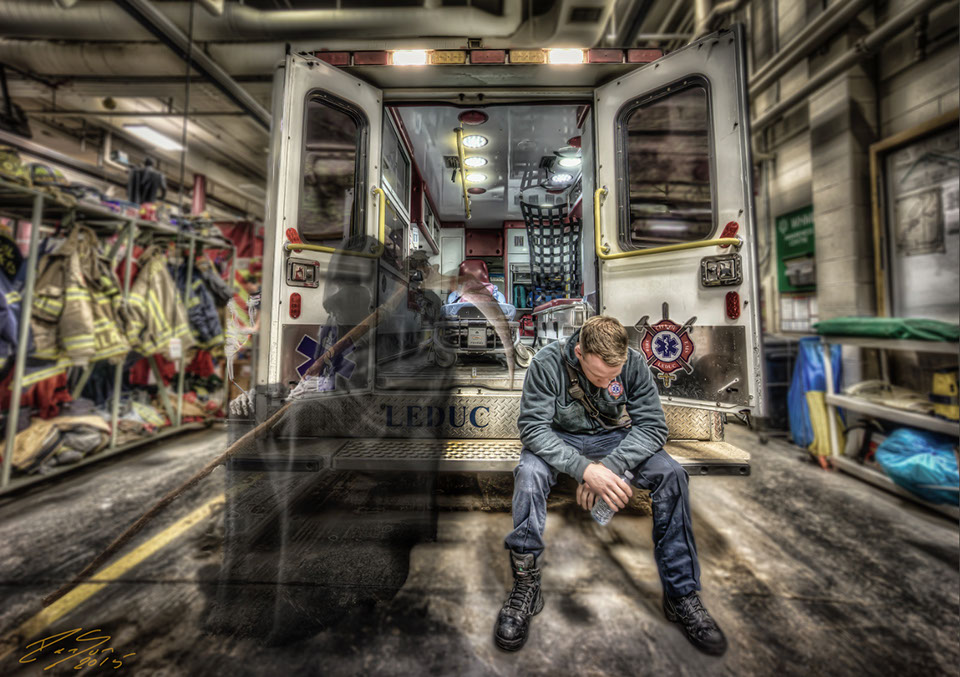
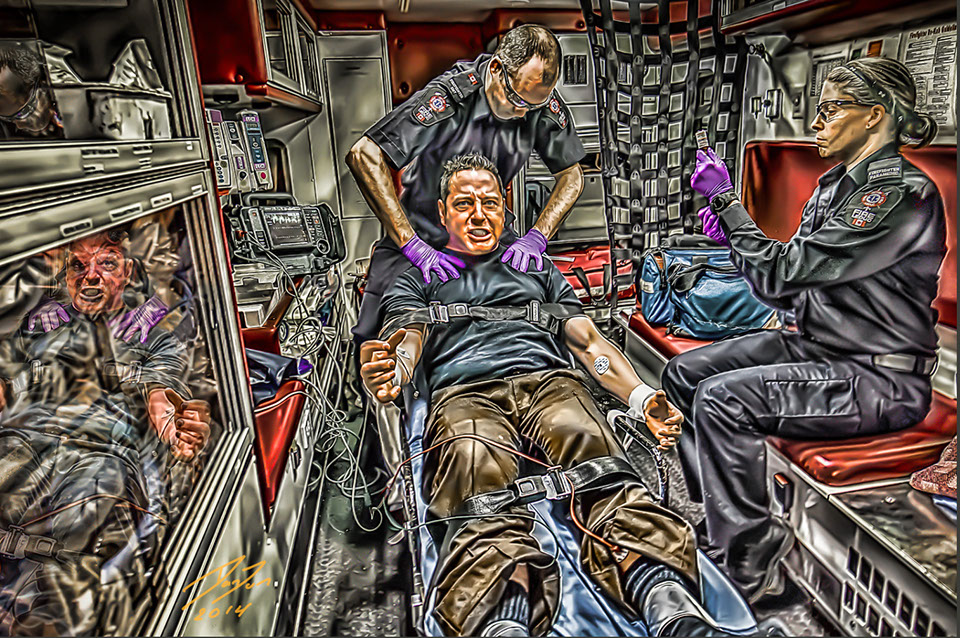




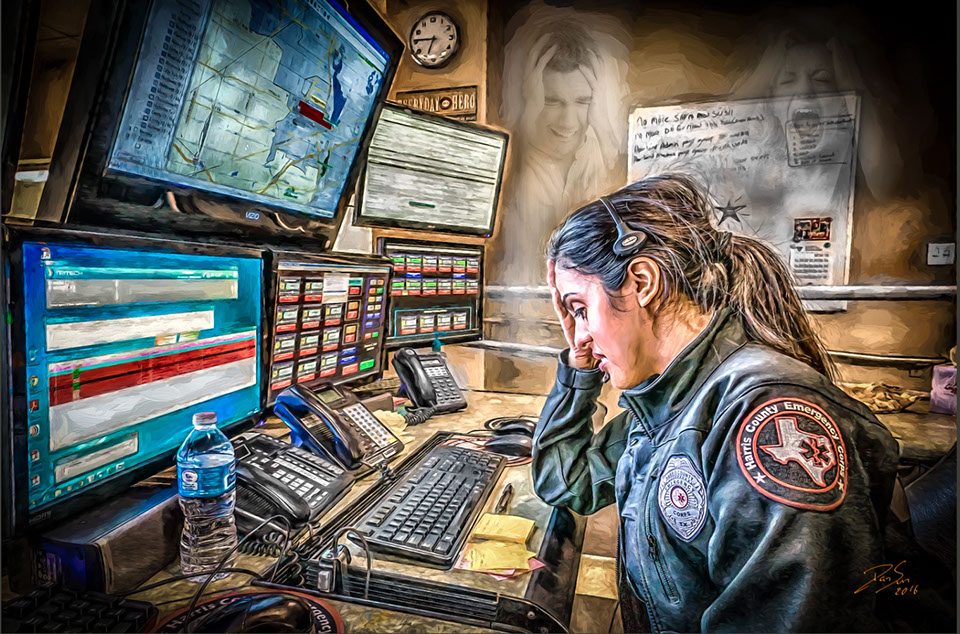
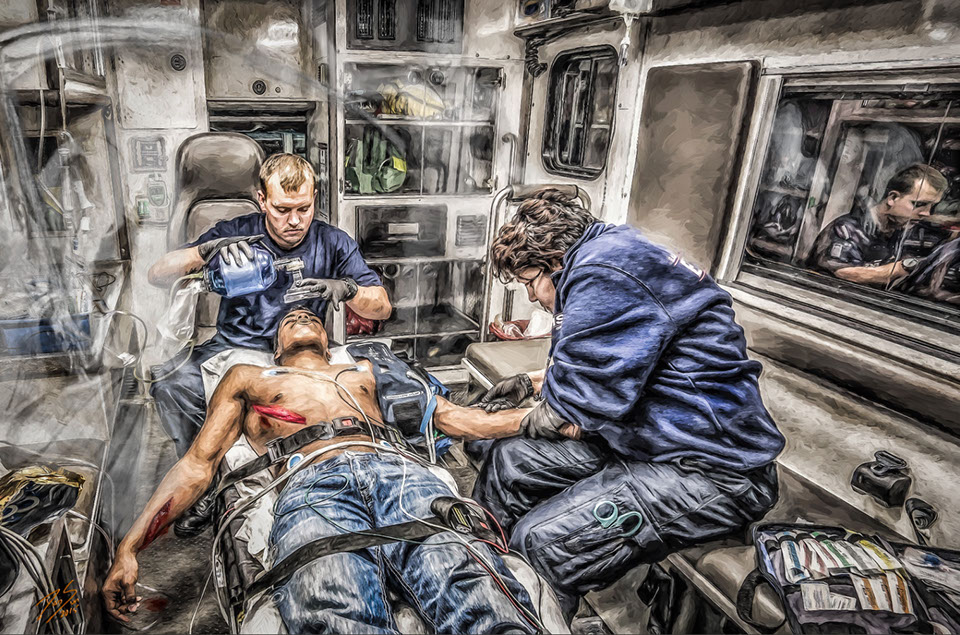
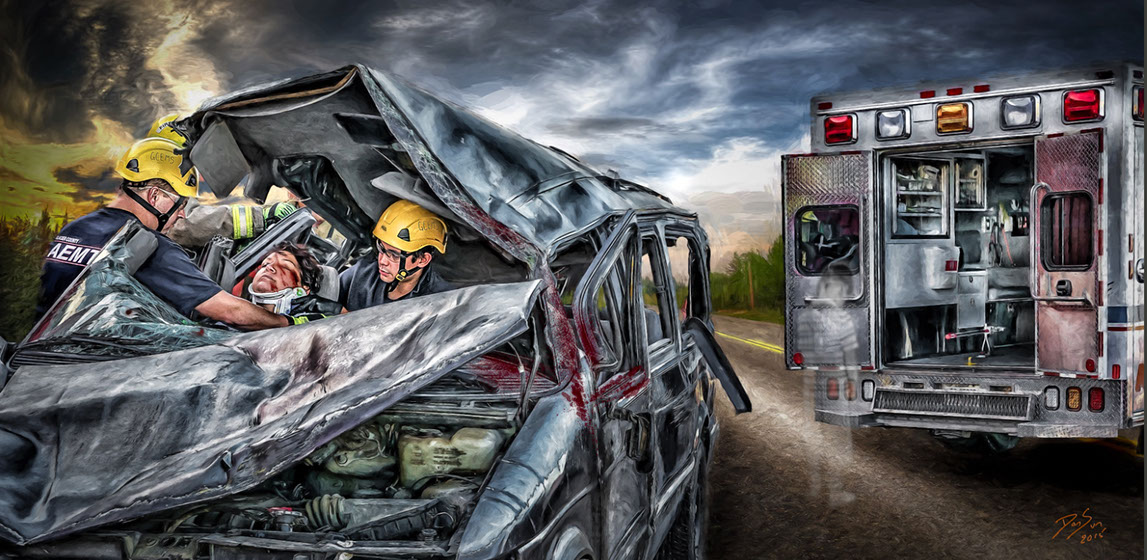

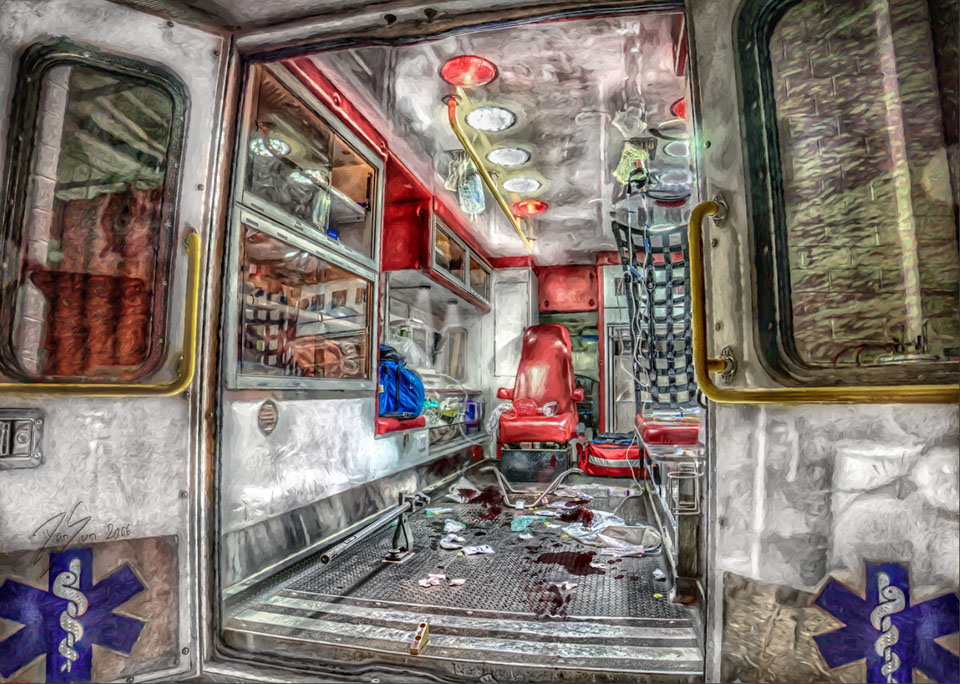


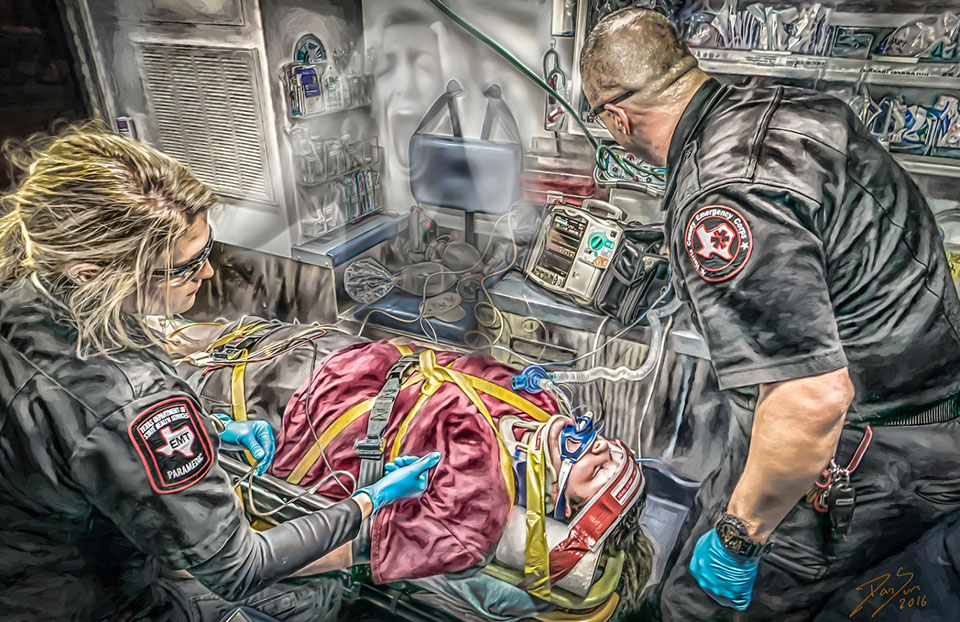
SUICIDE RATES RISING AMONG FIREFIGHTERS
08/13/2015
By Mark Lamplugh
Suicide rates are on the increase among firefighters. In fact, the rates are beginning to catch up with the rates of law enforcement officers. Some of the same stressors affect both groups and more corporate culture changes are needed to ensure that the best possible assistance is provided to first responders who are feeling so stressed that they experience suicidal ideations.
Little boys and girls often dream of becoming firefighters. The Halloween costume with the big red hat has been a perennial favorite for generations now. Every child loves the red trucks, the sirens, and the perception that firefighters are heroes as they save lives, help people, and save property. And they are heroes, selfless heroes who should be celebrated perhaps more than some of the so-called heroes admired by today’s young people.
Underneath all the glamour that many kids perceive as they think about firefighting is a difficult job. In fact, firefighting is so difficult that the profession was chosen as the most stressful job of 2015. Overlooking the obvious, the danger of firefighting which causes an increased rate of both morbidity and mortality, what are some other stressors involved?
Writer and former firefighter Linda F. Willing suggests the following job stressors: rotating schedules, lack of sleep, inadequate training, technical problems, bad crews, malicious co-workers, inconsistent policies, and poor leadership.
Most firefighters sign on because they enjoy the excitement of the job and want to rescue people, despite the risks. Most of us continue to find satisfaction in these aspects of the profession, but then some of the stressors Ms. Willing mentioned can detract from job satisfaction.
Many cities face decreasing budgets which lead to long hours for fire and EMS. Baltimore, for example, is critically short of these first responders. The Baltimore Sun reported in February 2015 that 1/5 of the EMS positions were unfilled, leading to others picking up the slack. While the overtime pay is certainly welcome for personnel who struggle to make ends meet, the toll of the extra work can exacerbate work stress. Baltimore is well-known for an extremely high volume of 911 calls. The Sun reports that 80 percent of these calls are for EMS services.
Studies show that firefighters are 100 times more likely to die from a heart attack during fire suppression activities than in any other job-related activity. Scientists continue to study and obtain documented evidence why, as the reasons are not yet clear. Many scientists believe that the reasons may lie in the combination of the extreme heat and the physical stress involved.
Dr. Helene Wilson of the British Heart Foundation theorizes that the toxins released during fires and inhaling smoke play contributing roles in firefighter mortality. The Foundation has commenced a study to determine why heart attacks are so prevalent while fighting a fire and what measures can be deployed to improve health outcomes for firefighters. Researchers hope to better understand how fire stresses the body and how to protect the health of firefighters. Initial research findings indicate that small changes such as drinking water more frequently may reduce risk.
Sadly, all of these stressors and health challenges have led to other negative outcomes, including an increased rate of suicide among firefighters than experienced in past generations. The National Firefighters Foundation reports that in any year, a department is four times more likely to experience the suicide death of a member than a line-of-duty death.
Stress, negative health changes, the physical rigors of the job, and mental health challenges are taking their toll on our nation’s bravest.
The brotherhood (and sisterhood) of firefighting is unique, with a strength that is often not available in many other professions. Cops, firefighters, and EMS personnel take care of their own. An esprit de corps is essential, certainly while fighting a fire, but also in the many other daily responsibilities firefighters have. The firefighting culture supports colleagues coming back from physical injuries or from a loss within a family.
However, authorities at Nova Southern University have suggested that the corporate culture of firefighting may need to change to create an environment which more is supportive of firefighters and EMS personnel who are experiencing problems more difficult to see than a burn or broken leg.
NSU has a unique partnership with the Broward County Florida Sheriff’s Office, one of the largest public service agencies in the United States, providing public safety services which include firefighting. The NSU-BSO partnership has resulted in a number of valuable research studies regarding First Responders, including studies about sleep quality, protecting members from PTSD, First Responder behavioral health training and a very important study entitled, “Firefighter Suicide--The Need for Cultural Change.”
The study concludes by noting that the culture of the fire service often inhibits a member asking for help for a mental problem. Firefighters fear admitting a problem or are suspicious that accessing services will present a potential for suspension or termination from the department. The study’s abstract ends by stating, “Greater recognition of suicide within the fire service and the realization that suicide is, indeed, a problem, helps start the discussion of what can be done to prevent the continuing alarming number of firefighters who die by suicide.”
Our nation’s bravest deserve nothing less.
To learn more:
http://www.careercast.com/jobs-rated/most-stressful-jobs-2015
http://www.baltimoresun.com/news/maryland/baltimore-city/bs-md-ci-fire-ot-20150213-story.html#page=1
http://www.jems.com/articles/2012/12/scientists-study-why-firefighters-are-hi.html
http://nsubs
o.nova.edu/programs/research/firefighter-suicide.html
Mark Lamplugh is a fourth generation firefighter and former captain with the Lower Chichester (PA) Fire Company. He is now the Sr Vice President of Business Development with Station House Retreat. He is nationally recognized in Crisis Stress Intervention through the American Academy of Experts in Traumatic Stress. Mark has placed and referred hundreds of firefighters, police officers, EMS personal and civilians nationwide. He can be reached for comment at:
mlamplugh@stationhouseretreat.com
Article comes from fireenginering @
http://www.fireengineering.com/articles/2015/08/firefighter-suicide-rate.html
SIGNS AND SYMPTOMS OF SUICIDE RISK
According to the American Association of Suicidology, the following are signs and symptoms of suicide:
I Ideation- Having suicidal thoughts or ideations
S Substance abuse- excessive or increased amount of substance use/li>
P Purposelessness- feeling no reason for living
A Anxiety - anxiety or agitated with insomnia or excessive sleep
T Trapped- feeling no way out of the situation they are in
H Hoplessness
W Withdrawal - Withdrawal from friends, family, or society
A Anger- Uncontrolled anger or rage
R Recklessness - Acting or engaging in risky or reckless behaviors
M Mood - Dramatic mood changes
Intervention
Intervention starts by Knowing the signs and symptoms of suicide. Once you suspect someone may be contemplating suicide, it is important to know what questions to Ask and what actions to take.
You can remember these actions through
KNOW, ASK, LISTEN, CONNECT.
DO NOT AT ANY TIME PUT YOURSELF IN DANGER. IF THE PERSON IN CRISIS HAS A WEAPON OR IS AN IMMEDIATE DANGER TO SELF AND/OR OTHERS, CALL 911 RIGHT AWAY.
Suicide Risk Factors
Many have pointed out that the risk factors for suicide mirror the population of the fire service. Importantly, it has also been noted that thousands of signs, symptoms and risk factors have been reported by various organizations. Using those risk factors to try and predict who will attempt or commit suicide has thusfar proven to be challenging even for professionals. The Center For Disease Control has listed the following prominate characteritstics as some of the possible contributing factor for increased risk of suicide:
- family history of suicide and/or child maltreatment.
- previous suicide attempt.
- history of mental disorders and/or alcohol/substance abuse.
- feelings of hopelessness.
- impulsive or aggresive tendancies.
- local epidemics of suicide.
- isolation from others.
- barrriers to treatment including stigma.
- loss (relational, social, work, or financial).
- physical illness.
- access to lethal means.
Although it is not necessary for all of these risk factors to be present for someone to committ suicide, they should be used to raise your index of suspician. If you suspect someone is contemplating suicide, don't hesitate to act.
Some interesting facts:
For every one successful suicide there are 25 others that have attempted suicide. For every 25 attempts there are 50 people that have had thoughts about taking their own life.
Firefighter/EMT Suicide Screening
click here

The images in this site are from www.dansunphotos.com. His work is amazing and captures the torment many in our field feel. Copies of his art can be purchased through his site.
Content from this site was obtained from our sister site







